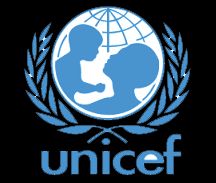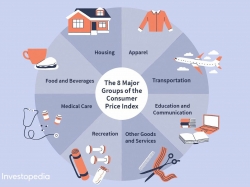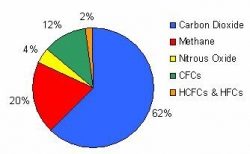
1 week ago •

What does the acronym UNICEF stand for?
UNICEF was established on 11 December 1946 by the United Nations to meet the emergency needs of children in post-war Europe and China. Its full name was the United Nations International Children's Emergency Fund. In 1950, its mandate was broadened to address the long-term needs of children and women in developing countries everywhere. UNICEF became a permanent part of the United Nations system in 1953, when its name was shortened to the United Nations Children's Fund. However, UNICEF retained its original acronym.
Related content

What Is the Consumer Price Index – CPI? The Consumer Price Index (CPI) is a measure that examines the weighted average of prices of a basket of co...
1 week ago

What is the main component of greenhouse gases? Greenhouse gases include water vapor, carbon dioxide, methane, nitrous oxide, and ozone. The major g...
1 week ago

What does the World Economic Forum do? The Forum engages the foremost political, business, cultural and other leaders of society to shape global, reg...
1 week ago

Amazing Facts About the Snake 1.There are over 3000 kinds of snakes in the world. They are present in every continent except Antarctica 2. Snakes ca...
1 week ago

What is Chimera? A chimera is essentially a single organism that's made up of cells from two or more "individuals"—that is, it contains two sets o...
1 week ago